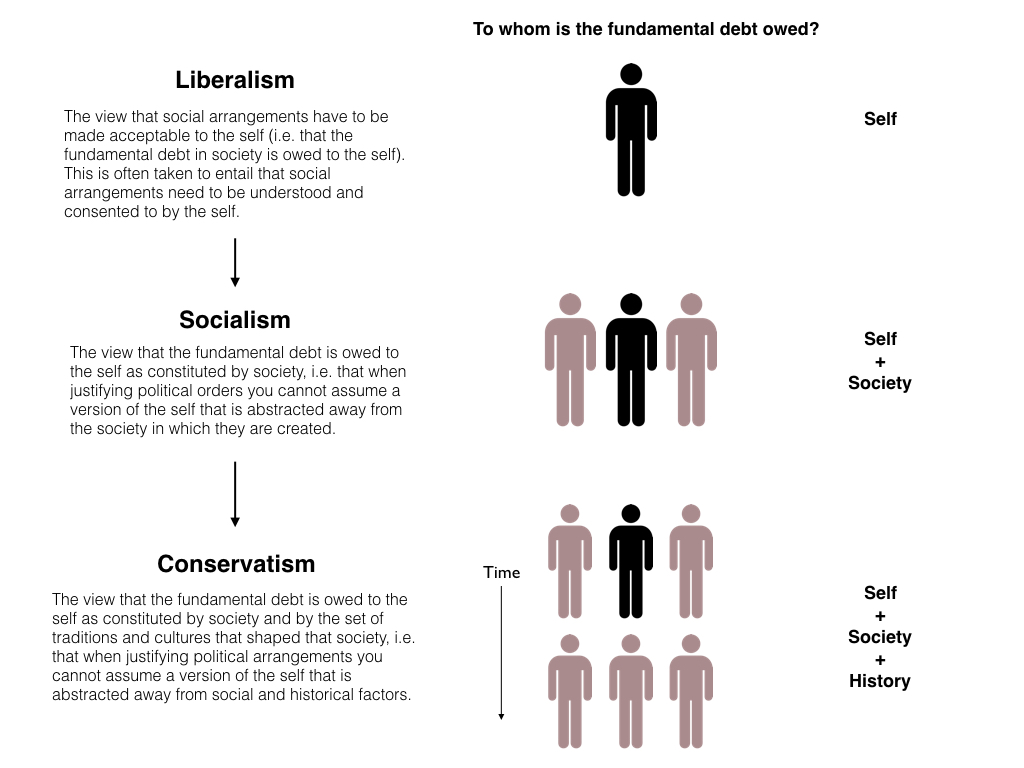

While not objecting to social democracy or the welfare state outright, however, the new Cold War liberals don’t embrace social and economic rights with the same zeal as their predecessors, instead focusing on developments that pose a threat to their worldview. This ideology has found new life in the Trump era, shifting to accommodate public anxieties over the future of democracy. Public figures and intellectuals, from Francis Fukuyama and Steven Pinker to George Packer and Mark Lilla, continue to write about the psychological fortitude necessary to confront democracy’s enemies. Three decades after the demise of the Soviet Union, many of the intellectual tenets of Cold War liberalism remain with us. A well-trained, well-educated public committed to defending God and country was the only means to preserve the American republic. They also supported mandatory military service for all male citizens.

To compete with the Soviets, Cold War liberals envisioned a project of mass funding for higher education, with federal support for working- and middle-class Americans to attend college and universities to enlarge the skilled workforce.
DEFINE LIBERAS FULL
As Secretary of State Dean Acheson argued in 1947, “discrimination against minority groups in this country has an adverse effect upon our relations with other countries.” Political realism led liberals to embrace efforts to redress racism through the recognition of civil rights for Black Americans, push to strengthen trade unions, and advocate for full employment through the mechanisms of the national security state. The fight against communism abroad also led to recognition of the problem posed by racial inequality at home.
DEFINE LIBERAS FREE
as the leading power in the free world.”Ĭold War liberals put their faith in the military, and depended on spending related to it to deliver social benefits-employment, economic growth, civic purpose-in the absence of a broader welfare state. wrote in 1950 that Americans must embrace “the necessity of protracted and indefinite responsibilities and involvements abroad” as the result of the “new historic position of the U.S. Rostow, John Kenneth Galbraith, and Isaiah Berlin believed that the security of all peoples rested on the willingness of the American state to project democratic ideals-and flex its military power-abroad. Intellectuals and policymakers such as W.W. It was fragile and in need of vigilant protection. To Cold War intellectuals, both inside and outside of the academy, liberal democracy was not predestined to succeed. If liberalism had any chance of surviving, it would need to become more aggressive in its defense of freedom against the specter of communist totalitarianism.

In the aftermath of the Second World War, new threats emerged in Stalin’s Soviet Union, Mao’s China, and later Castro’s Cuba. But the rise of fascist regimes, and the mobilization of global military forces required to stamp out Nazism, dealt a blow to this view. Liberals had an optimistic view of human nature and believed in historical progress. That bellicose posture is one significant legacy of Cold War liberalism-a politics whose definition remains contested, even if the historical conditions that gave rise to it are clear.īefore the First World War, to be a liberal typically meant defending universal values and rationalism. For three decades, these figures have remained ready to sound the tocsin against new enemies on the horizon. They were skeptical of the notion that challenges to the United States could be resolved through technocratic adjustments, and found it hard to believe that all would now be safe and well. If war is a force that gives us meaning, as Chris Hedges famously wrote, what purpose remains when the ultimate battle has been won? This question plagued many American intellectuals after the end of the Cold War, when the United States assumed an unrivaled geopolitical position.įor some who had been in the ideological trenches far too long, it was impossible to let go. Michael Brenes and Daniel Steinmetz-Jenkins ▪ Winter 2021 To promote democratic and egalitarian ideals today, we need to break with the anxieties that drove U.S.


 0 kommentar(er)
0 kommentar(er)
